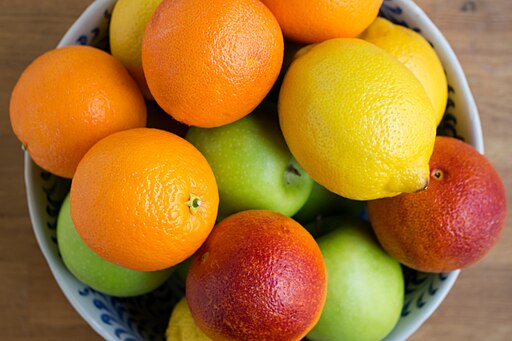
So often in life, we’re told what we shouldn’t do. Don’t speed. Don’t worry. Don’t lie. Don’t give up on your dreams. Don’t drink and drive. Don’t text and drive. Don’t smoke. Don’t spend too much time on Facebook. Don’t watch too much TV. Don’t sit for too long. These are all good aspirations, and if you can follow them all, no doubt your life will be the better for it. Nevertheless, it can feel a little like whack-a-mole after awhile. By always focusing on the negative, you can become overly-anxious. After all, it’s impossible to remove every last potential threat to your health and happiness, and if you work too hard at it, your life can become so small and restrictive that you suck the joy right out of it.
Which is why I really liked the results of a study published in The Lancet just this past week. After re-analyzing a mountain of health data from countries all around the world, starting from 1990 and working all the way through to 2017, researchers concluded that the number of people who die each year from drinking too many sugary drinks, or eating too much red meat are actually relatively small. Don’t get me wrong. It certainly doesn’t hurt to avoid these things. But you may be surprised at how small the potential boost to your health is, compared to what you’ve been led to believe.
According to the researchers of this study, if you really want to improve your health and prevent disease over the course of your life, you’d be better off focusing on what should be in your diet, rather than what shouldn’t be there. And what appears to cause more deaths the world over aren’t trans fats, tobacco smoke, or chemical preservatives, but just a plain, old unhealthy diet in general. We’re just not eating enough whole grains, fruits, vegetables, fibre, legumes, and polyunsaturated fats.
According to the study, one in five deaths in 2017 occurred because of too much sodium, and a lack of whole grains, fruit, seeds and nuts. Overall, more than half of all deaths were due to just three risk factors: eating too much salt, not eating enough whole grains, and not eating enough fruit. In case you think those results don’t apply to you, they held true regardless of the socioeconomic status of most people and nations. So we’re not just talking about poor people in under-developed countries, here. It means all of us. Says Ashkan Afshin, assistant professor at the Institute for Health Metrics and Evaluation at the University of Washington, “studies are published every year on how we eat; however, the amount of data considered and the global representativeness make this study worth attention.”
So, what can we do
to improve our diet now? Rather than concentrating on avoiding
certain types of food, we should instead try to ensure that half of
our plate is filled with fruits and/or vegetables at every meal.
Also, we should try to vary the kinds of fruits and vegetables we eat
so we’re not consuming the same nutrients all the time. You can
make a start by including just one whole grain, fruit or vegetable to
each meal or snack and then work from there. Over time, as the
amount of whole grains, fruits and vegetables in your diet increases,
you should find that less healthy options start to disappear because
you just won’t have room for them.
About the Author: Rebecca Wong has a BA in English Literature from the University of Waterloo and has been working in the herbal business since 2000. She studied at the Ontario College of Traditional Chinese Medicine under respected authorities Paul Des Rosiers and Vu Le, and graduated from the East West School of Planetary Herbology under Michael Tierra. She received training as a yoga teacher at The Branches in Kitchener/Waterloo, and therapeutic yoga teacher training from the School for Somatic Soulwork under Deniz Aydoslu. She now teaches yoga for anxiety, depression and burnout at Rebecca's Restful Yoga Studio in Toronto.
